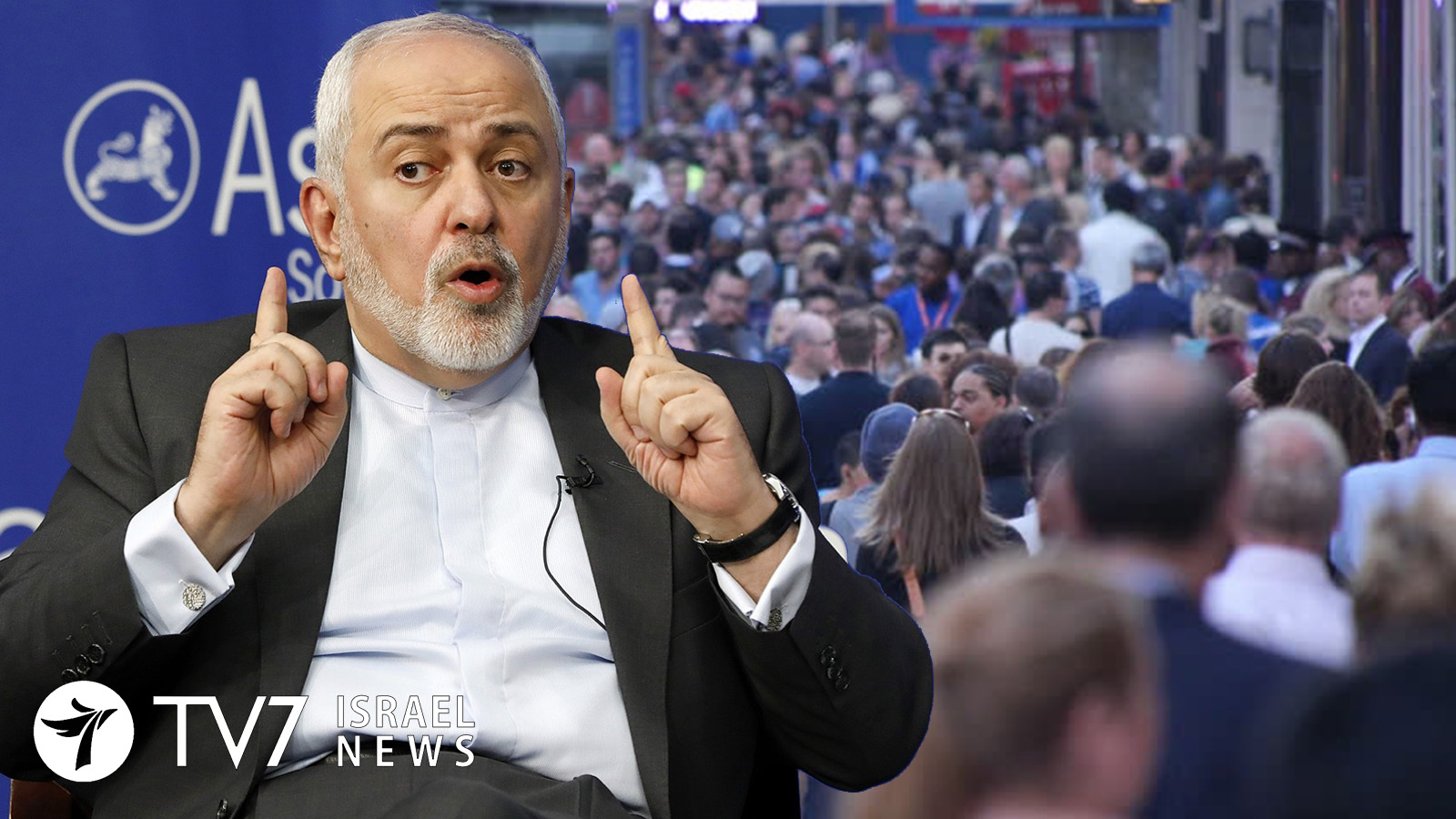The United Nations has expressed reservations over curbs the United States has imposed on Iranian Foreign Minister Mohammad Javad Zarif during his visit to New York this week.
U.N. Spokesperson Farhan Haq told reporters that “The Secretariat is in close contact with the Permanent Missions of the United States and Iran to the UN regarding this matter and has conveyed its concerns to the host country.”
Amid heightened tensions between their two countries, U.S. Secretary of State Mike Pompeo signed off on his Iranian counterpart’s entry to attend the annual meeting of high-ranking officials of the United Nations Economic and Social Council United Nations. Zarif arrived in New York on Sunday, but has been limited to travel only between U.N. headquarters in Manhattan, the Iranian U.N. mission, the Iranian U.N. ambassador’s residence and New York’s John F. Kennedy airport.
An outright refusal by Washington to permit the Zarif visit could have been interpreted as the closing of the door to diplomacy in a further bid to isolate the Islamic Republic, but Pompeo defended the restrictions, saying “US diplomats don’t roam around Tehran, so we don’t see any reason for Iranian diplomats to roam freely around New York City either.”
U.S. Special Representative for Iran Brian Hook echoed that statement, commenting “We don’t need to let Iranians roam freely in New York City,” Stressing that no Trump administration officials would meet with Zarif, Hook added “There is no back channel currently going on between the United States and anybody in the Iranian regime. Everything that’s being said is being said by the president and the secretary of state publicly.”
A State Department official speaking on condition of anonymity said the travel restrictions were place on Zarif “in a manner that is fully consistent” with U.S. obligations under a 1947 agreement with the United Nations. The source went on to accuse call Iran’s top diplomat “a mouthpiece of an autocracy that suppresses free speech,” and accuse him of manipulating American freedoms “to spread malign propaganda.”
Iran Foreign Ministry Spokesman Abbas Mousavi told the Islamic Republic News Agency that “Putting restrictions on [Zarif’s] presence in some streets in New York will certainly not effect his work schedule.”
It is important to note that all Iranian diplomats, similar to the envoys of North Korea, Syria and Cuba, are already confined to a radius of 25 miles from Columbus Circle in Midtown Manhattan.
While he is in New York, Zarif is also likely to hold talks with U.N. Secretary-General Antonio Guterres, with the agenda expected to be topped by Tehran’s escalating tensions with Washington over Iran’s disputed nuclear program. U.N. Spokesperson Farhan Haq said Guterres supports the 2015 Iran nuclear deal and considers it a “significant diplomatic achievement.” Haq further noted that the “Secretary-General has repeatedly called for all parties to abide by the terms of the agreement and has made clear that we need to keep this preserved. Otherwise, there is the possibility, as he has repeatedly warned, of a confrontation in a region that has had far too many tensions.”
